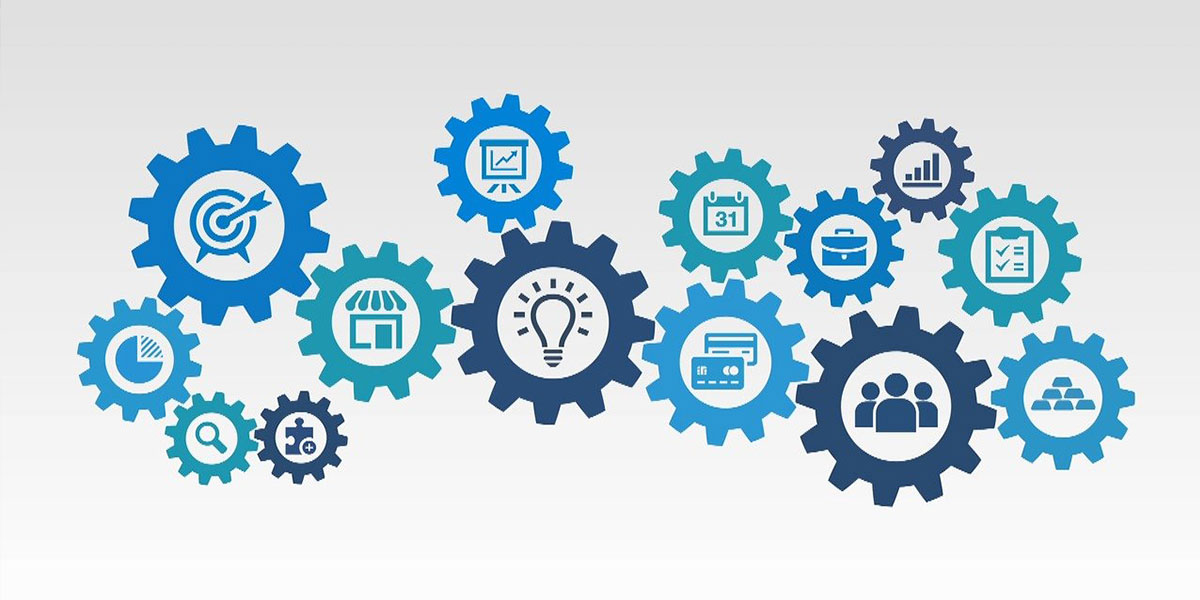The Complete Guide to Research and Development

Many companies across industry verticals boast robust R&D departments or initiatives, but what does R&D stand for and what makes it so important?
The textbook R&D definition is research and development. Traditionally, people thought of R&D or research and development, as the designing, or imagining of new products and technologies. This is absolutely still the case for many companies; however, there is an additional business context that is important to explore.
What is R&D or Research and Development?
Simply put, research and development in a business context is the generation of new knowledge. For some, that literally means designing or developing new products or technologies. For others, this means developing more efficient processes or improving upon those that already exist.
There is always a way to optimize and organize your product offering and your operational output. Keeping this back in mind will allow your company to look forward with R&D in mind to create the best suite of product and service offerings, while continuing to improve upon former processes and operations.
Companies across the board will find traditional R&D (that of designing or reimagining products) imperative. Those companies include: pharmaceuticals, life sciences, technology, automotive, software, industrial manufacturing, construction and food and beverage. But, companies that focus on knowledge-based offerings can also benefit from re-imaging the R&D process.
What is the R&D process?
R&D meaning may differ by industry, but the process is similar regardless of specialty. Based on your line of work, you may not have explicit R&D systems in place. That may mean that there is no designated department or individual focused on optimizing processes or continuing to design with new ideas in mind.
Research and development defined simply means that we are constantly investigating ways to develop further. This should be an ongoing process of any organization in order to stay relevant, keep messaging and branding fresh, and operations and processes efficient.
There are two main types of research and development:
- Basic research – Like its name suggests, basic research is focused on gaining knowledge and building an understanding of the many aspects of intelligence that a business could benefit from. This type of research is more general in nature and may serve as the foundation for future R&D work.
- Applied research – Unlike basic research, applied research is more targeted. It typically sets out to look at a specific aspect of a business, product, technology, or market to understand how to create a product or service, or improve upon an existing one while cutting costs. This type of research often leads directly to the development phase, as opposed to basic research, which acts as the foundation.
No matter the process, the research element of R&D is essential to get to the development phase. Whether you plan to create a new product or improve upon an existing one, you will need adequate research to justify your aims.
What is the role of an R&D engineer?
It is not enough to just engage with research and development. The R&D is only productive if you can transform it into an actionable strategy. A research and development engineer is in charge of actionalizing strategy—carrying it out!
After all the hard work that R&D teams do in the research phase, it’s only fair that they are able to build prototypes and develop strategies to improve upon existing processes. This improvement is capable of cutting costs, sure, but it also allows for opportunities to differentiate your company against others, build a sustainable brand, develop content to drive digital marketing strategies, and generally allow your company to initiate product development and service offering.
R&D should not be overlooked. If you currently don’t have a business focus on R&D, we suggest that you make that a priority. If you’re unsure how exactly to go about that, we would be happy to devise a strategy for your organization to take this on. You can develop an R&D department internally, or you can outsource your R&D. Either way, maintain that the idea behind R&D is to focus on how you can bolster and improve the offerings available in your organization.

What are the benefits of research and development?
Any research and development manager will tell you that research and development is a little bit of trial and error. Only a proper investigation will allow us insight into ways that we can make any process smoother, right? Without research, we wouldn’t know how or what to improve. This may seem simplified, but truthfully, without an adequate understanding of what a customer wants through detailed voice of customer (VOC) research, our clients have no idea what they need to improve upon in order to create a product or service offering that is above their competitors.
Research in all facets of business allows us to focus on what we offer as an organization. Developing this understanding will allow us to build our brand, refine our mission, target our messaging, and contribute to growth and development.
Biotechnology research and development practices allow us to move forward by incorporating cutting edge technology into medicine. Without this interest in reimagination, our society would not be able to make the advancements it has today.
What is an example of research and development?
Examples of research and development exist everywhere around us. Which of the following is a federally funded internet security research and development center?
- NSF
- CERT/CC
- FDA
Answer: CERT/CC
There are examples of R&D practices all around us, and the R and D meaning changes in every organization. It’s easy to get swept up in what we are doing, instead of focusing on things that we can incorporate in our workflow. Keep an open mind when it comes to exploring the areas in which R&D could support your organization. What are areas of operational improvement that you could stand to drive? What are aspects of your marketing that could use a refresh?
So now that you’re an expert, what does R&D stand for in your organization?
